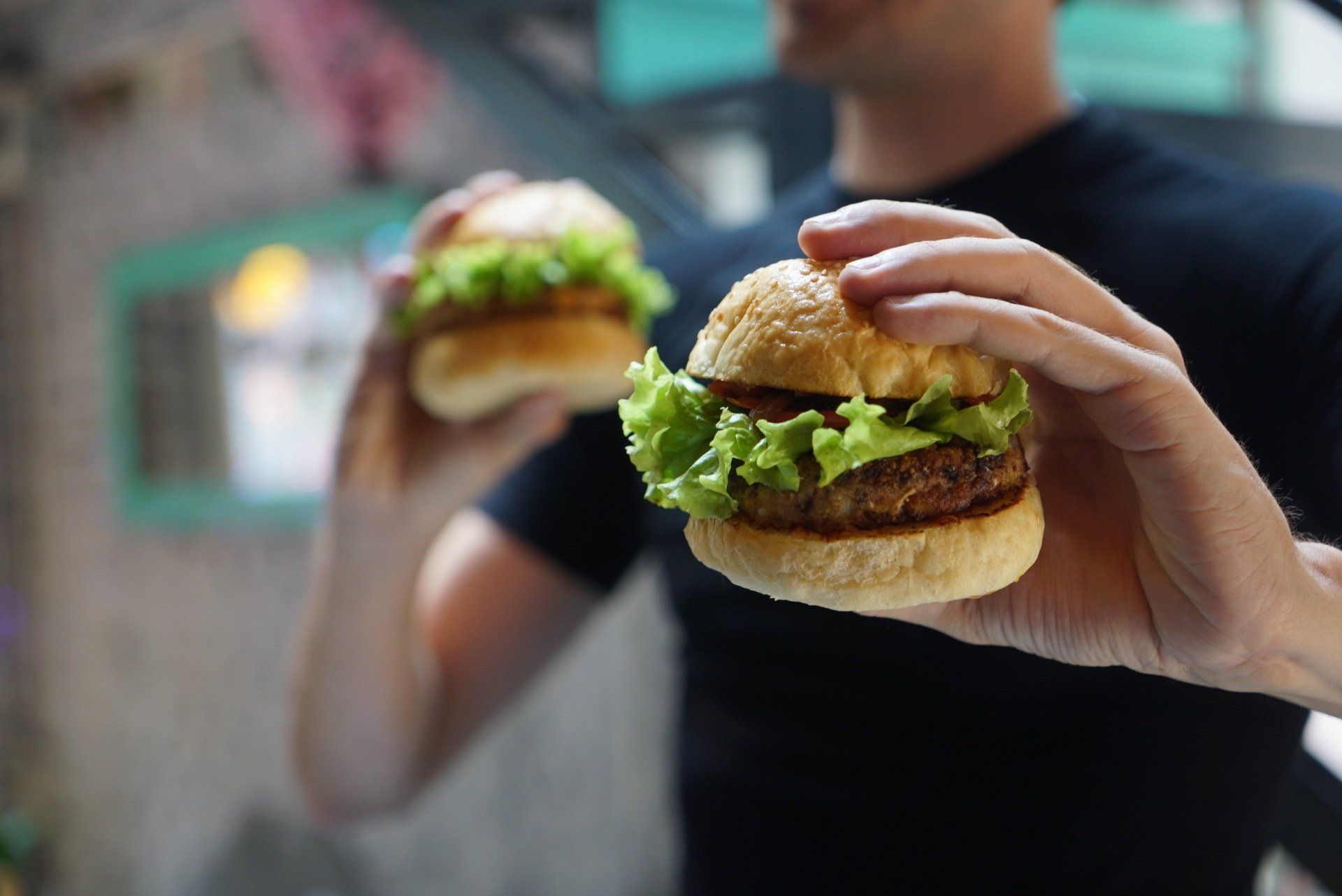
Our Online Weight Loss Classes
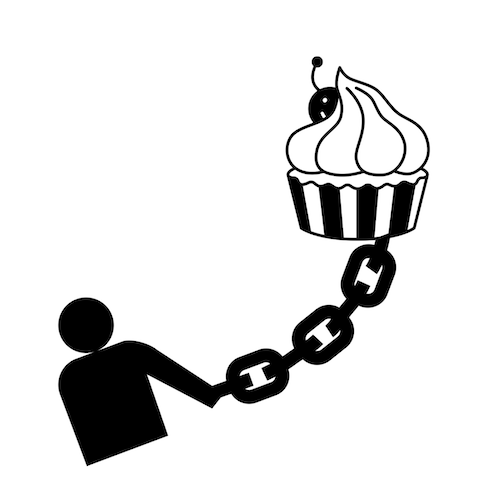
QUIT SUGAR LIKE ADDICTS QUIT DRUGS
How do you say no to sweets without feeling cheated? How do you quit or cut back on sugar when it’s in everything? How do you quit a substance many neuroscientists consider a drug? Neuroslim will liberate you from sugar by:
- Using the same techniques drug addiction experts use to get people off drugs. Like “systematic discontinuation.”
- Using the concepts of “friction,” “roadblocks” and “guardrails” that allow you to eat sweets while protecting you from the addictive nature of sugar.
- Using micro-techniques that have macro effects. For example, using taller, slender glasses rather than circular wide ones to drink sodas and juices (proven to significantly reduce the amount of sugary beverages you drink).
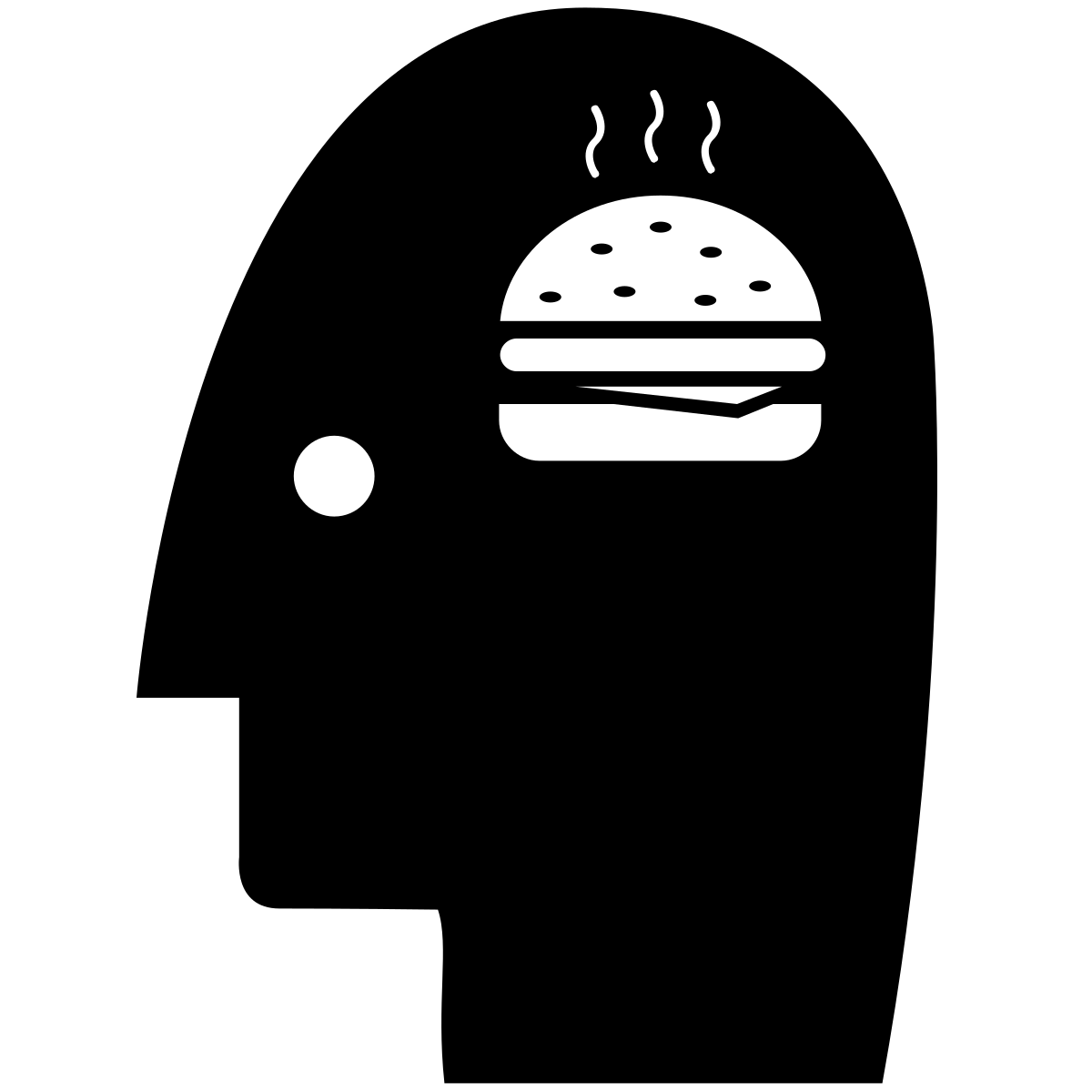
CONTROL YOUR CRAVINGS
How do you stop craving unhealthy foods? How do you resist foods that are bad for you when they’re everywhere and billions are spent marketing them? How do you stop impulse eating?
We answer all of these questions and more. Best, you'll learn two craving-control techniques that are so effective, they regularly eliminate 20-25% of total caloric intake for the people who use them.
These techniques are based on the pioneering work of psychologist Walter Mischel's "The Marshmallow Experiments." They're practical, easy to use, and give you a sense of complete mastery of your cravings.
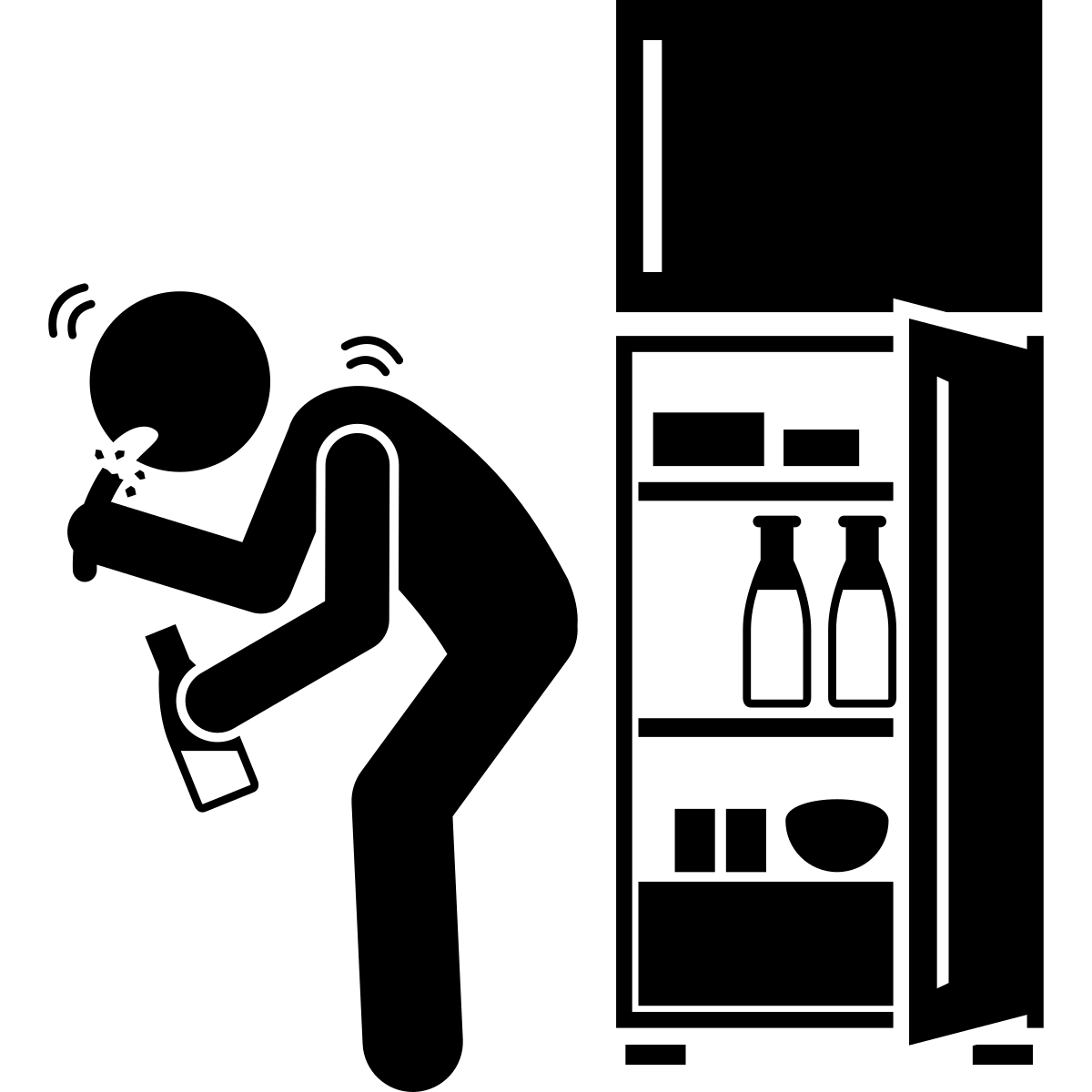
STOP OVEREATING
You start off wanting an Oreo and you end up eating half the package. Why do you overeat even when you don’t want to? The Neuroslim class will teach you:
- The concept of “mindful satiation,” which is proven to tamp down overeating
- How to identify and neutralize hidden hunger associations you’ve built up
- How to build “guard-rails” that allow you to eat addictive food without binging
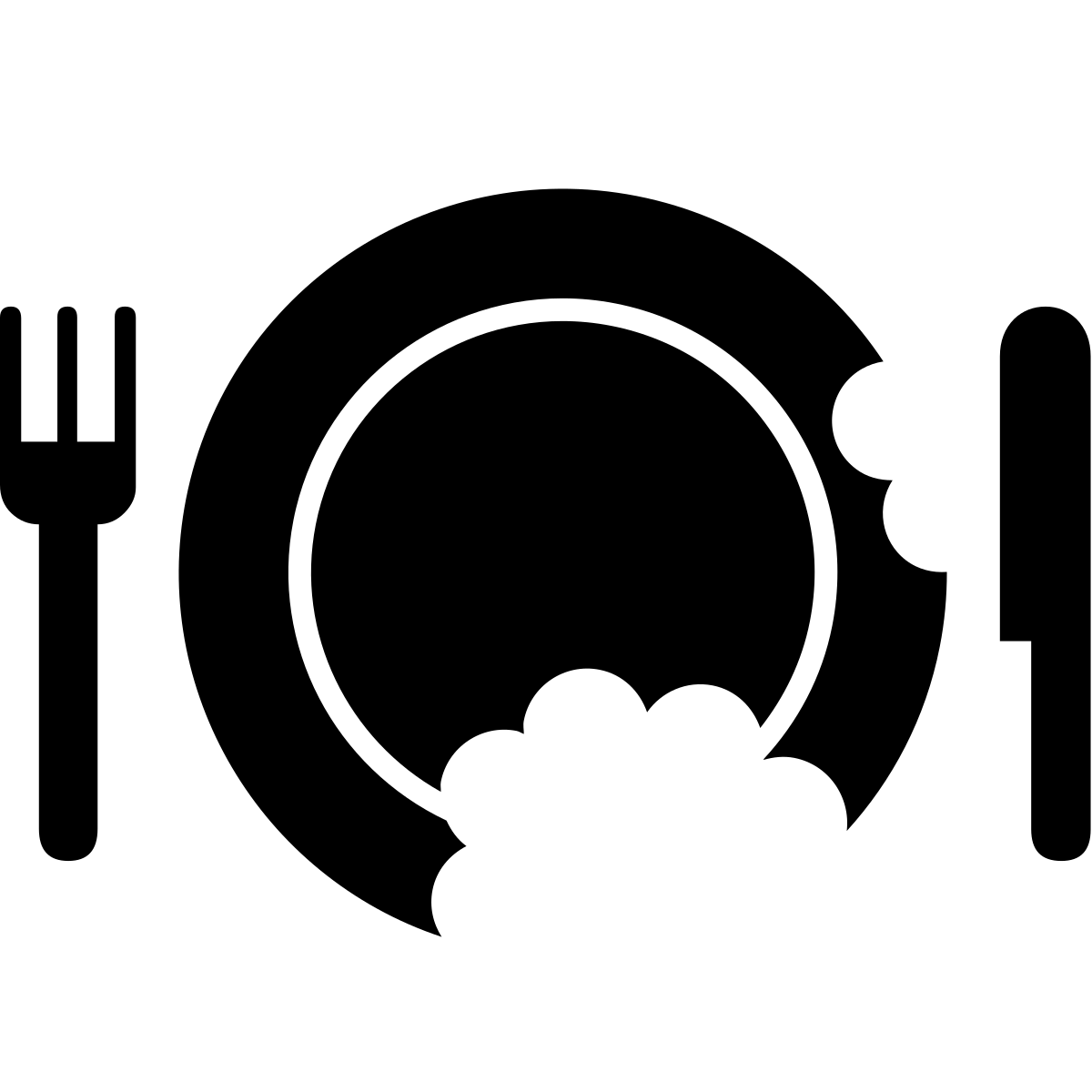
CUT YOUR HUNGER IN HALF
Are you hungry all the time? How do you deal with overwhelming hunger pangs? Does the slightest exposure to food (ads, passing fast food establishments) make you hungry? Neuroscience has developed proven ways to dramatically reduce hunger, including:
- Methods that significantly reduce what researchers call “food cue reactivity.”
- The use of a groundbreaking discovery in neuroscience--The Meal-Recall Effect--a finding that proved memory has a profound impact on hunger.
- Improvements in how you present food (believe it or not, the more pleasing the presentation THE LESS FOOD YOU’LL WANT.










